How to determine value of items?
decisionsdecisions
13 years ago
Related Stories

GREEN BUILDINGInsulation Basics: Heat, R-Value and the Building Envelope
Learn how heat moves through a home and the materials that can stop it, to make sure your insulation is as effective as you think
Full Story
MOST POPULAR5 Remodels That Make Good Resale Value Sense — and 5 That Don’t
Find out which projects offer the best return on your investment dollars
Full Story
KITCHEN DESIGNDetermine the Right Appliance Layout for Your Kitchen
Kitchen work triangle got you running around in circles? Boiling over about where to put the range? This guide is for you
Full Story
HOUZZ TOURSMy Houzz: A Country Home Built on Dreams and Determination
Meaningful antiques mix with new pieces in a family’s just-built house on a former strawberry farm in Oregon
Full Story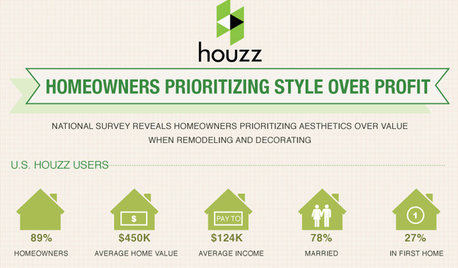
Houzz Survey: Livability Trumps Home Value
Increasing home value comes in a distant second among those planning home improvements. Many plan to do some of the work themselves
Full Story
SELLING YOUR HOUSE10 Ways to Boost Your Home's Resale Value
Figure out which renovations will pay off, and you'll have more money in your pocket when that 'Sold' sign is hung
Full Story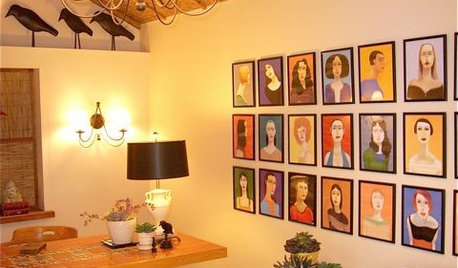
DECORATING GUIDESExpert Talk: Portraits Take Rooms Beyond Face Value
Adding depth and intrigue, portraits also sit well with these pro designers for putting a personal stamp on interior designs
Full Story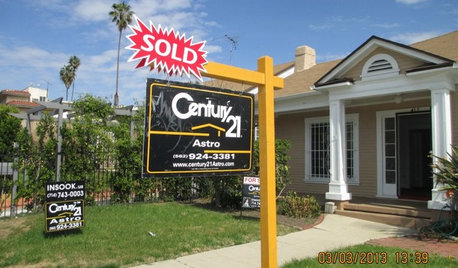
LIFEThe Moving-Day Survival Kit: Lifesaving Items and Niceties
Gather these must-haves in advance for a smooth move and more comfortable first days in your new home
Full Story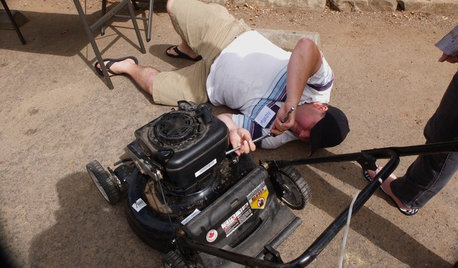
EVENTSDon't Throw Away Another Household Item Before Reading This
Repair Cafe events around the world enlist savvy volunteers to fix broken lamps, bicycles, electronics, small appliances, clothing and more
Full Story
GLAM STYLEEveryday Items Go Glossy and Glam
Get inspired to give your mantel, door, table or ceiling a chic and shiny new look
Full StoryMore Discussions






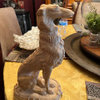

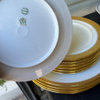


lindac
harebelle
Related Professionals
Charleston Furniture & Accessories · Hastings Furniture & Accessories · Rome Furniture & Accessories · Tucson Furniture & Accessories · Wakefield Furniture & Accessories · Lakeville Painters · Derby Painters · Mableton Painters · Mastic Painters · Matteson Painters · Tempe Painters · Vista Park Painters · Whitewater Painters · Millington Professional Organizers · Daly City Professional Organizerslindac
Ideefixe
harebelle
sweeby
harebelle
excessfroufrou
palimpsest
goldilocs
blueheron
lindac
blueheron